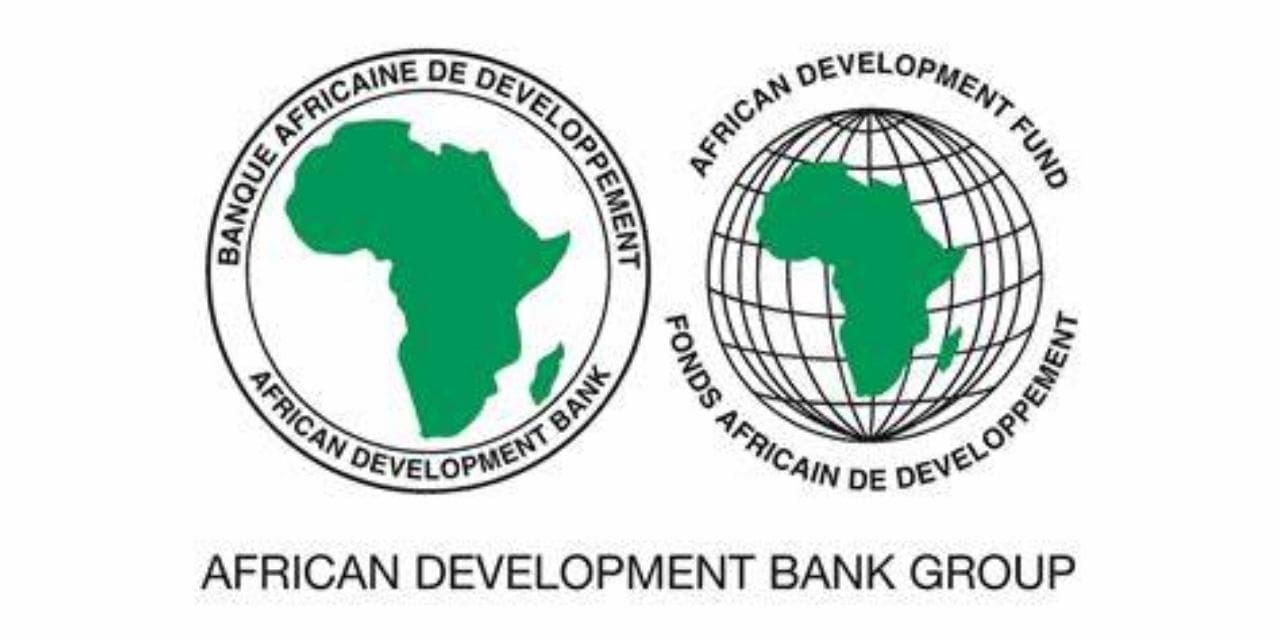COTONOU, Benin, August 2, 2024/ —
A workshop was held in Cotonou on July 31, 2024, by the Country Office of the African Development Bank Group (www.AfDB.org) in Benin, one of the continent’s top cotton producers, to solicit input on research on the role of private sector participants in revitalizing the nation’s textile sector.
The procedure that started with a sector-specific workshop on March 9, 2023, came to a finish with the conference. As a result, crucial data has been gathered to help comprehend the problems in the West African nation is facing in its business.
The Vice-President of Benin, Ms. Mariam Chabi Talata Zimé Yérima, as well as representatives from the nation’s technical and financial partners and private sector companies involved in all phases of the local cotton value chain were among the numerous experts and national authorities present at the workshop. The conference aided in identifying opportunities and formulating important recommendations to fortify initiatives aimed at reviving the cotton sector.
The study found several avenues for expanding the textile value chain, including production facilities for accessories, as well as manufacturing, shipping, and storage solutions. There are other chances in the production of textile products for the culinary, cosmetics, automotive, or medical industries. The market for sanitary towels alone can bring in more than USD 13 million annually.
The report highlighted the many chances to generate tens of thousands of skilled jobs for women and young people. The study also called on top executives to make decisions that would assist the growth of new local industries and outlined the Bank’s opportunities to support the socioeconomic development of Benin’s textile industry.
The report highlighted the enormous economic potential and the chance to generate over 45,000 jobs in a new industry based on pineapple-leaf fiber in addition to textiles made of cotton.
The study’s primary investigator, Ms. Nathalie Daouda, an expert consultant in the private sector textile industry at the African Development Bank’s Country Office in Benin, stated: “The Beninese economy has the potential to earn over USD 5 billion (FCFA 3,000 billion) in additional revenue annually.” Furthermore, Benin already possesses the natural and human resources required to complete the task, so it wouldn’t take much to make the projections come true. The creation and execution of a national plan is the next stage. The Beninese administration has demonstrated its capacity to take on challenging tasks in a number of ways.
The Bank was commended by the Vice-President of the Republic, Ms. Mariam Chabi Talata Zimé Yérima, for its dedication to fostering an inclusive economy in Benin, but primarily for the study’s “realism, completeness and feasibility.” According to her, “This report is a sort of strategic plan for strengthening our economy through the textile industry & is relevant to us because building on this sector will help create a large number of jobs.”
“The first step we need to take to go from ideas to action and from theory to practice is this strategic plan,” She emphasized the potential for women and youth to create jobs, as well as the economic and social benefits of the strategic use of pineapple leaf fiber for the Beninese people textile industry.
Founder of Mod’Ukpè, a company that specializes in weaving pagne cloth and makes clothing for women, Ms. Faridatou Yekini, noticed that there are several initiatives in place to support small and medium-sized businesses (SMEs) in the area, with an emphasis on women-led firms. The fact that young designers can now receive financial and other types of support for their endeavors in the textile industry greatly pleases me. With excitement, she stated, “This development represents a significant step towards the growth and sustainability of our industry.”
“The ADB has effectively established a conducive atmosphere for fostering cooperation, especially through its visits to the Glo Djigbé industrial zone and its capacity-building initiatives for small and medium-sized enterprises.” These endeavors aided in the formalization and organization of my company, Safari Textiles Afrique, as well as the formation of fruitful collaborations. According to Caleb Menou, co-founder of Safari Textiles Afrique, “the logical next step would be to continue funding businesses that are working to bring themselves into line, backed by serious monitoring to ensure good management of the funds.”
Robert Masumbuko, the head of the Bank’s Country Office in Benin, emphasized the industry’s potential for inclusive social and economic growth, calling it a true boon for Benin. “The Beninese textile industry is home to many gifted men and women who create exquisite textile products on a regular basis. However, each of them has expressed time and again how important it is to have a well-defined plan in place to support them in raising the quantity and caliber of training they provide. Above all, they require assistance in gaining access to local and global markets with competitive, high-quality textile solutions, as well as assistance in acquiring or gaining use of contemporary, high-quality equipment for processing and production.

